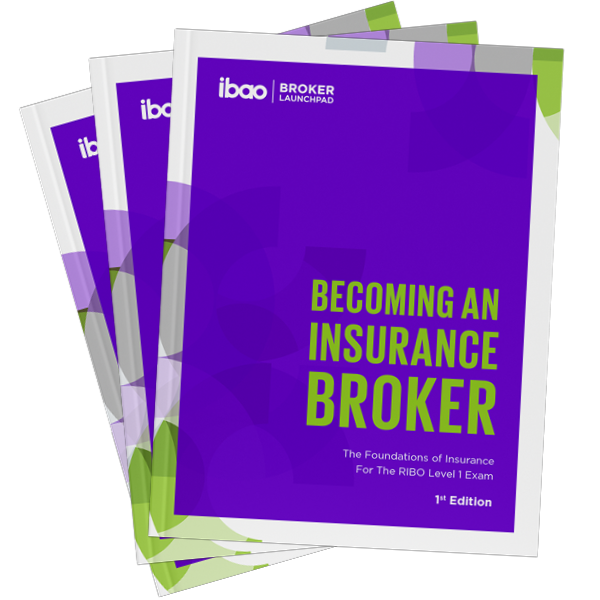5 Factors to Consider When Looking for RIBO 1 Courses
RIBO is a designation given to indicate that a registered insurance broker is authorized and competent to sell and service an insurance company’s products by their capacity as the insurance company’s agent.
According to Statista, in 2018, over 60 percent of Canadian Millennials believed in the safety of online insurance information.
RIBO is regulated in Ontario by the Financial Services Commission, part of the Ministry of Finance. The term RIBO is a trademark of the Insurance Brokers Association of Ontario (IBAO) and may not be used without proper consent.
If you plan to take RIBO 1, you must choose a good place like PNC learning courses. These offer the best practices to pass RIBO 1.
The following are five things you need to consider when choosing a good training course for RIBO 1:
1) Check the Course Structure in Detail
Do not take a generic RIBO 1 course; different insurance companies may have other assessment criteria. The results of one company’s exams may be different from another’s.
Institutes like PNC Learning courses offer training for marketing one company’s products to consumers and business owners. They provide a holistic perspective of insurance requirements.
These courses cover all the topics listed in the RIBO 1 syllabus, which IBAO provides. It will help you to prepare for the exam more effectively.
2) Check the Faculty Members’ Background
RIBO 1 training courses are provided by various professionals, faculty members, or insurance professionals. You must check their background before enrolling in the class.
The faculty should be a RIBO designee or qualified insurance professional with extensive industry knowledge.
If you are looking for short-term courses, make sure to check the faculty’s background and expertise. Check if they have undergone training and whether they can provide valuable insights on specific topics and answer your queries effectively.
3) Determine Your Learning Style
Your learning style will determine if a particular program is the best for you. Some students learn better in a classroom environment, while others benefit from distance learning or self-study programs.
Distance learning and self-study programs require you to learn independently. Follow the course work and complete your studies on time.
The faculty may not be available for regular guidance, so you must utilize trial and error methods to clear any doubts about topics or concepts.
Classroom training is beneficial, especially if you are new to the insurance field. The faculty provides live guidance, examples to support learning concepts, regular tests, and assignments to help you master the material faster.
4) Identify Your Learning Goals
Your goals determine your choice of course type. If you want to become a RIBO designee, enroll in a course that covers all syllabus sections and has qualified faculty members.
Some institutes offer their RIBO courses and prepare students for exam prep. Other colleges and universities run RIBO 1 training programs through their insurance management department.
PNC learning offers short-term and long-term RIBO courses. Choose a suitable method based on your learning goals.
5) Check for the Course Fee and Availability
There are various course fees for RIBO 1 courses. You must check the institute’s fee structure and payment options before enrolling in a program. The bulk of your training cost is determined by your course type, length, location, faculty qualifications, availability, and exam registration fee.
RIBO 1 courses are beneficial to new and experienced insurance professionals. They provide a good base of insurance knowledge and concepts, which will help you choose the right product for consumers and businesses.

















